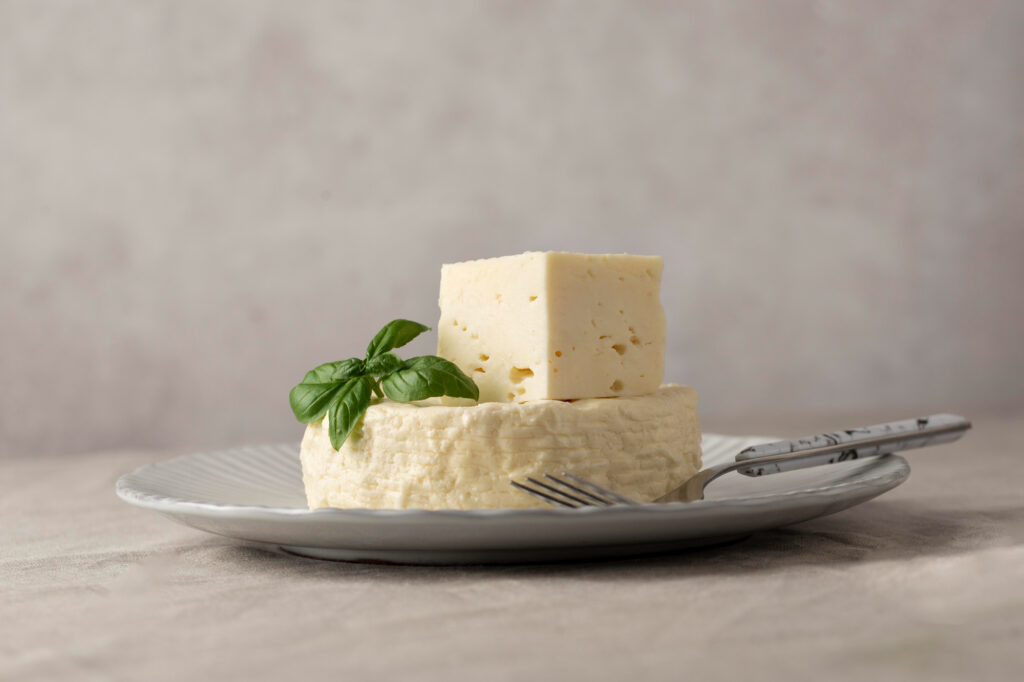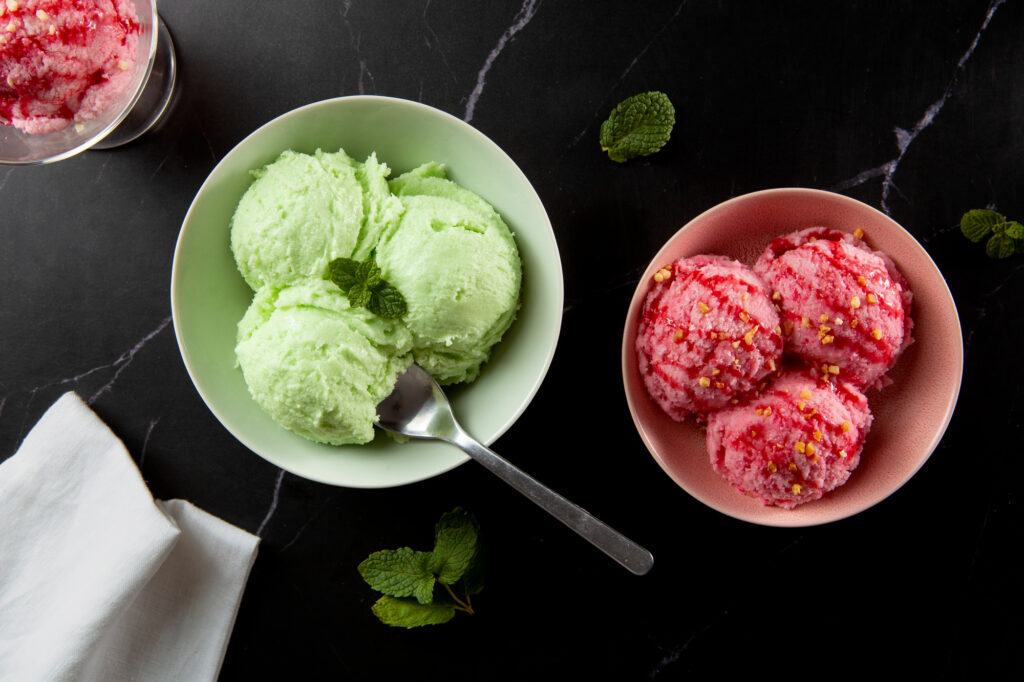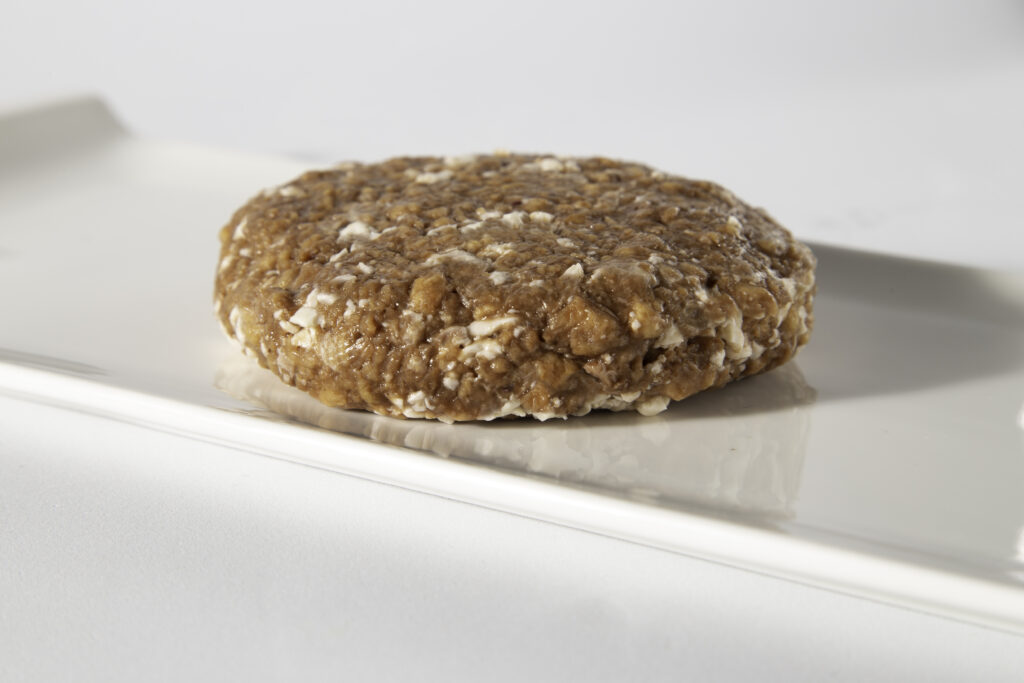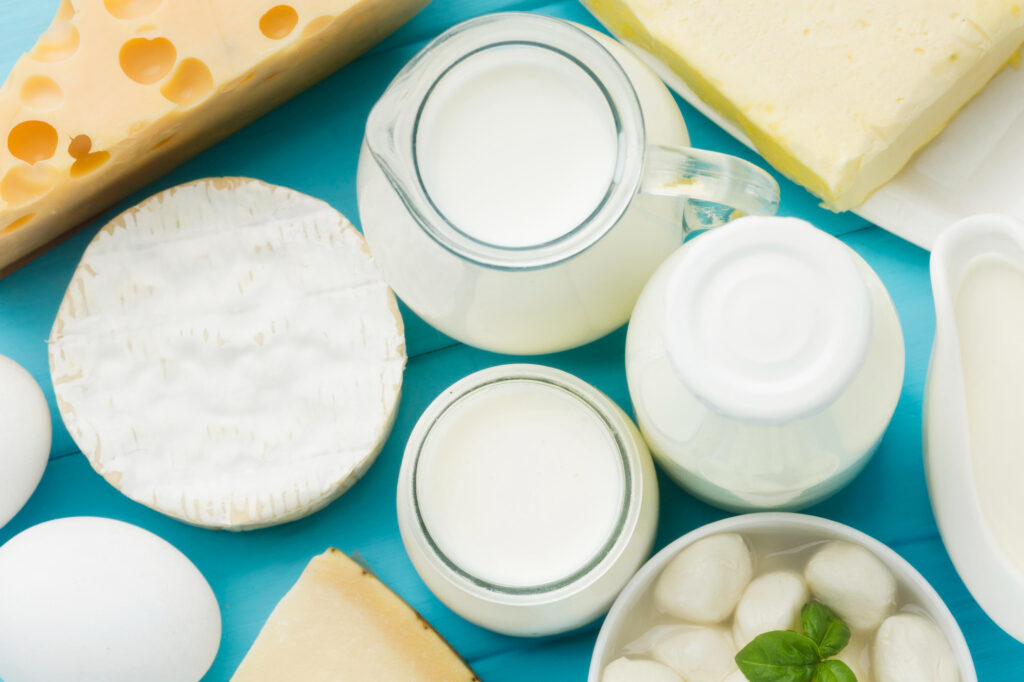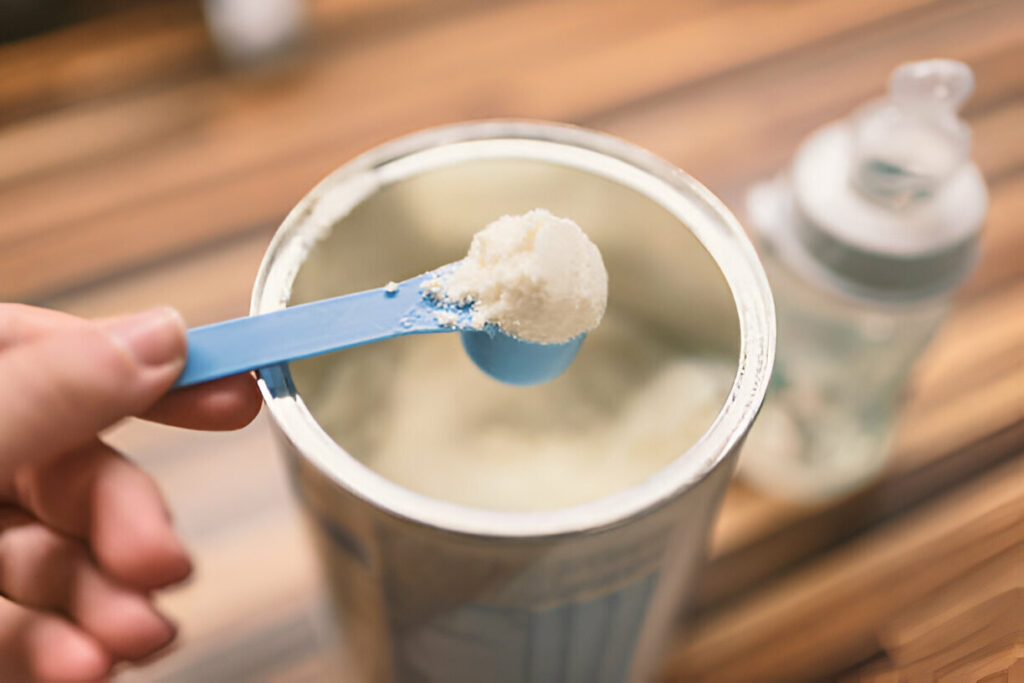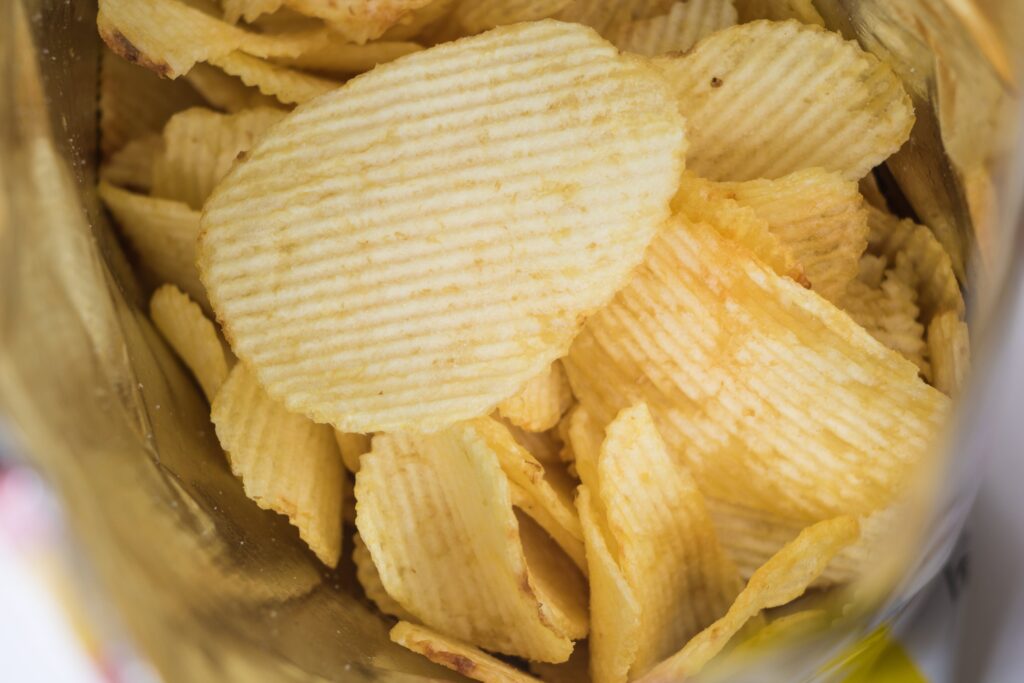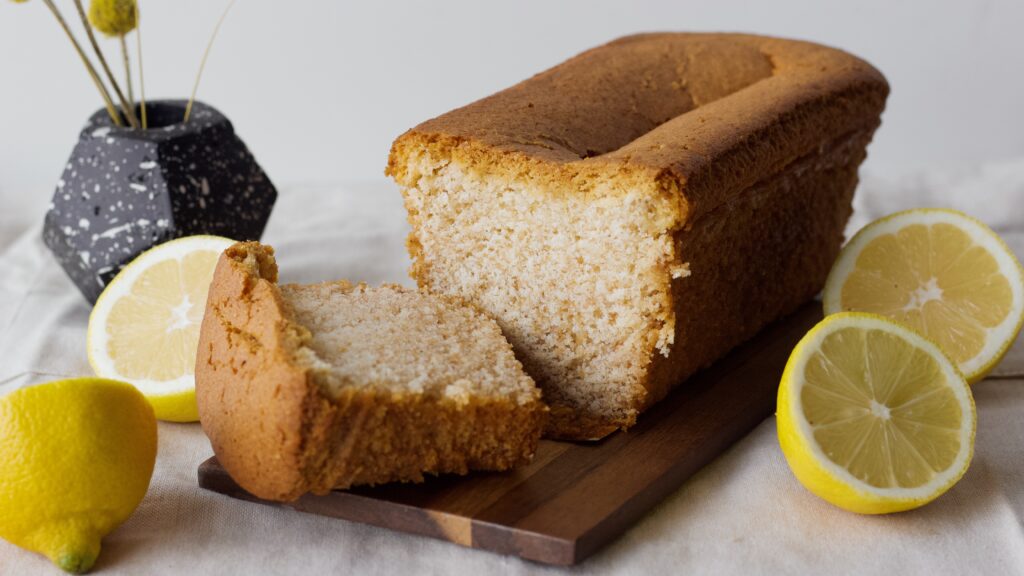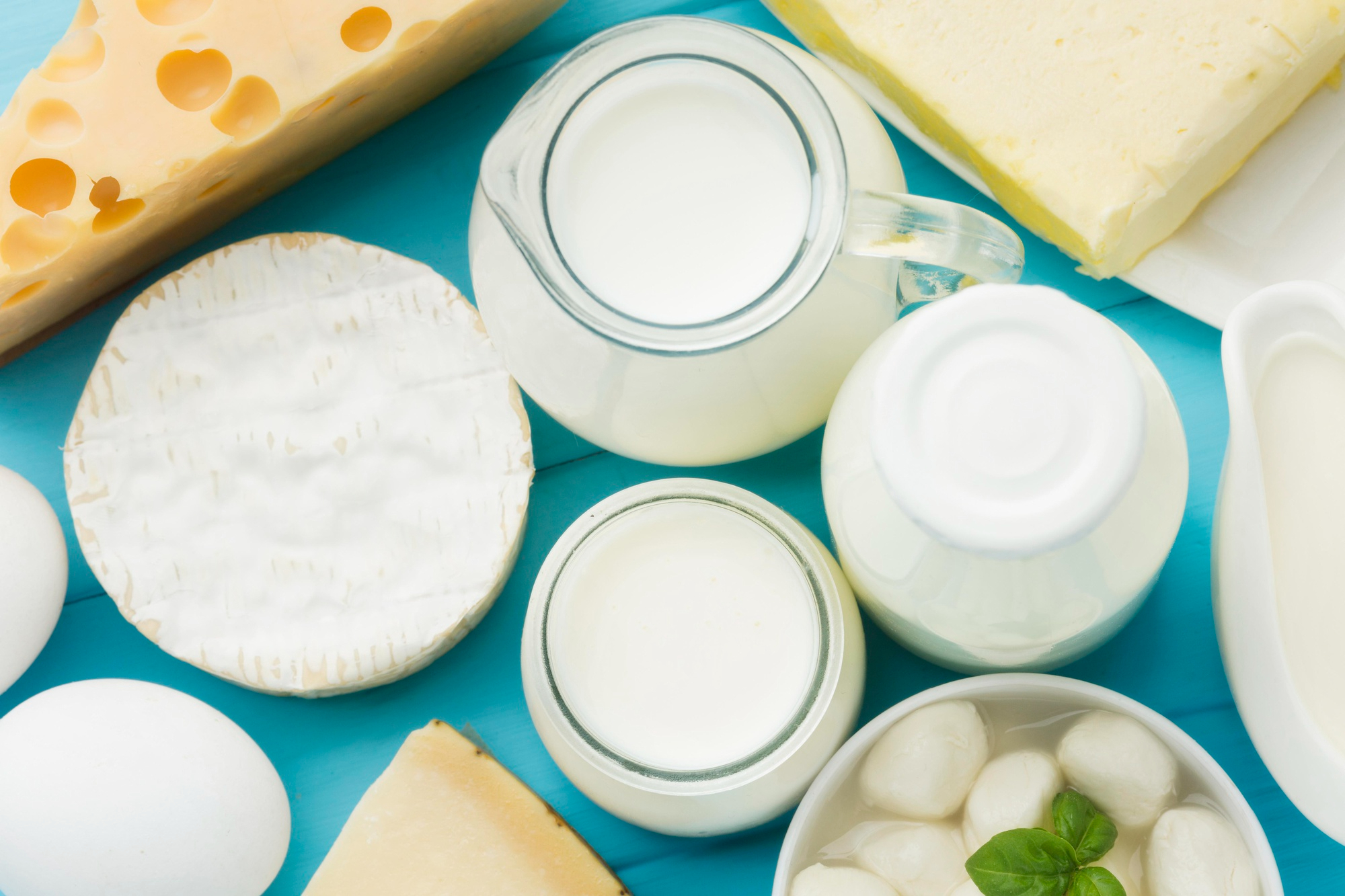
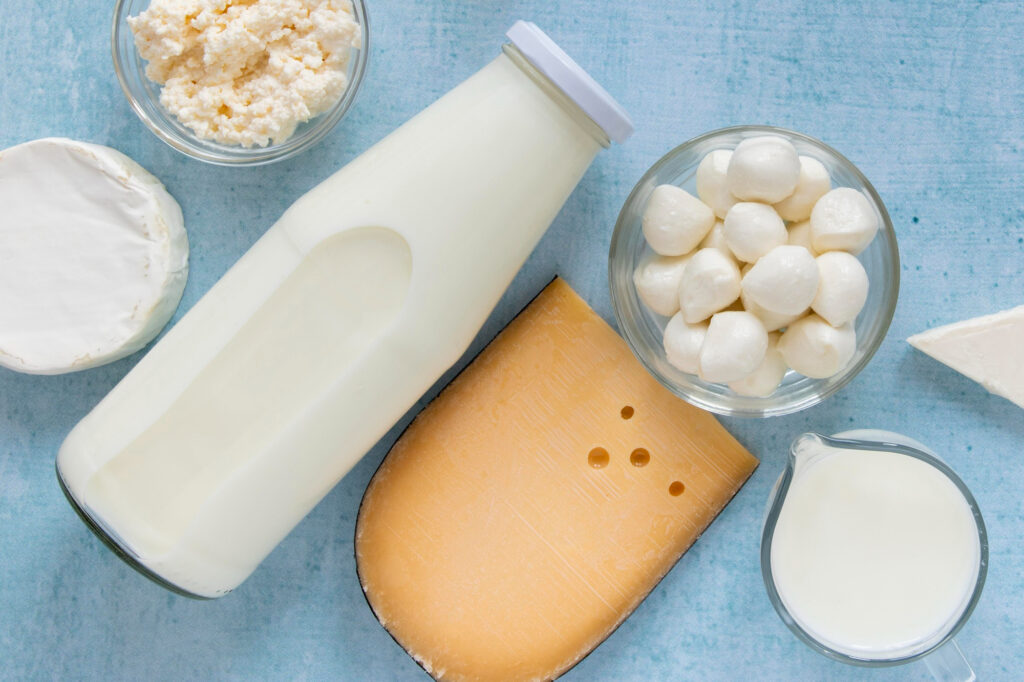
For the production of plant-based products, macronutrients from various plant sources, such as coconut oil, are frequently used. However, the use of this ingredient could increase production costs for manufacturers and raise the saturated fat content in the final product. In response, new structured/emulsified fats derived from vegetable oils rich in unsaturated fatty acids are proposed, which can provide palatability and structure to the final products.
